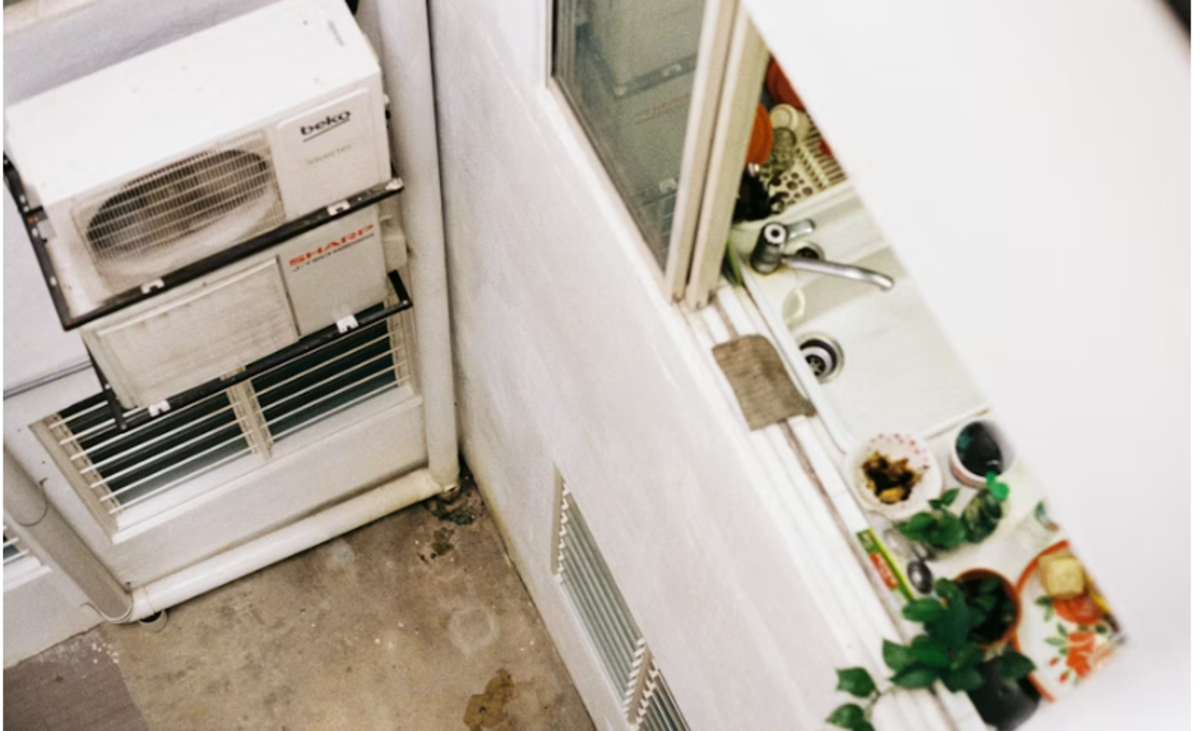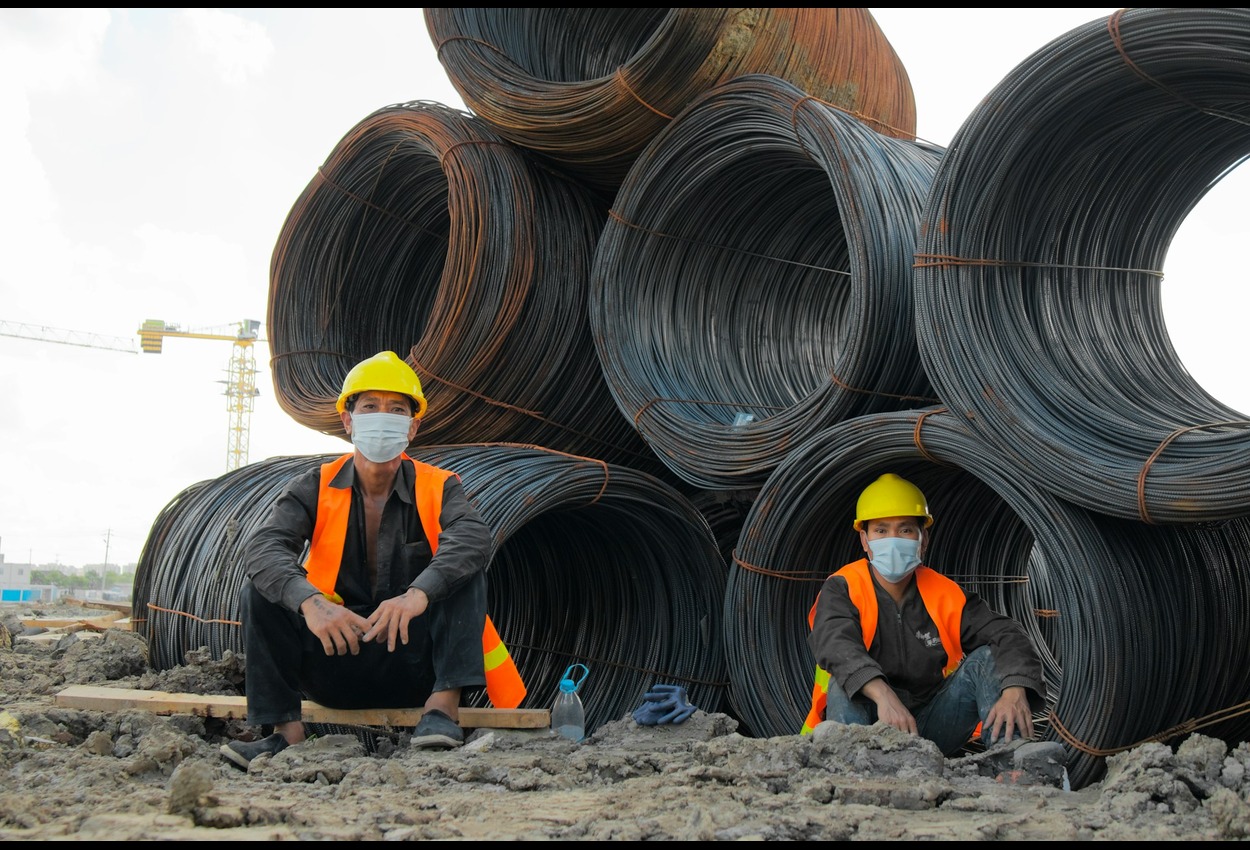1. Refinance Your Mortgage
If interest rates drop significantly after you purchase your home, refinancing your mortgage could lower your monthly payments. Make sure to factor in the costs of refinancing and compare them with potential savings to determine if it’s worth it.
2. Appeal Your Property Tax Assessment
If you believe your home’s assessed value is higher than its market value, you can appeal to your local tax authority. Provide evidence, such as recent appraisals or comparable sales in your area, to support your claim.
3. Shop for Homeowner’s Insurance
Homeowner’s insurance is a must-have, but you don’t have to settle for the first policy you’re offered. Although insurance is an expense, it can actually help you save money. Protecting your investment with homeowners insurance can help cover costly repairs or replacements in the event of an insured loss. For example, if a storm damages your roof, your insurance may cover the majority of repair costs, sparing you from paying out of pocket. Additionally, liability coverage can protect you financially if someone is injured on your property, avoiding potentially devastating legal expenses.
4. Invest in Energy Efficiency
Cut down on utility bills by making your home more energy-efficient. Simple upgrades, such as switching to LED light bulbs, adding insulation, or installing a programmable thermostat, can lead to substantial long-term savings. Consider investing in solar panels or energy-efficient appliances if your budget allows.
5. Perform Regular Maintenance
Routine maintenance prevents small issues from turning into major problems. For instance, cleaning gutters, sealing leaks, and servicing your HVAC system annually can save thousands in future repair costs.
6. DIY Where Possible
For minor repairs or aesthetic projects, consider doing the work yourself rather than hiring professionals. Painting walls, landscaping, or installing simple fixtures are manageable tasks that can save money. However, know your limits—electrical or plumbing projects are best left to experts to avoid costly mistakes.
7. Build an Emergency Fund
Unexpected repairs can strain your budget if you’re not prepared. Set aside a portion of your income each month to create an emergency fund for home-related expenses. Having a financial cushion will reduce stress and eliminate the need for high-interest loans.
8. Opt for Smart Home Technology
Smart thermostats, lighting systems, and security devices can help lower energy costs and protect your home. Some insurance providers even offer discounts for homes equipped with advanced security systems.
9. Be Strategic with Renovations
If you’re planning a home improvement project, prioritize renovations that increase your home’s value or reduce future expenses. For example, upgrading to energy-efficient windows may qualify you for tax incentives while lowering utility costs.
10. Monitor Utility Usage
Track your energy and water usage to identify areas where you can cut back. Small changes, like turning off lights when leaving a room or fixing a dripping faucet, can lead to noticeable savings over time.
Long-Term Financial Benefits of Wise Homeownership
Being proactive about managing homeowner expenses not only saves money but also builds long-term financial security. By maintaining your home’s value through regular upkeep and wisely allocating resources, you’ll likely enjoy a higher return on investment if you decide to sell.
Additionally, investing in comprehensive homeowner’s insurance provides peace of mind and financial protection. While it’s tempting to opt for the cheapest policy, selecting one with adequate coverage ensures you’re shielded from unexpected disasters that could otherwise deplete your savings.
Conclusion
Homeownership comes with many financial responsibilities, but with careful planning and smart decision-making, you can effectively manage and reduce these costs. From optimizing your mortgage and utility expenses to leveraging the benefits of homeowner’s insurance, there are numerous ways to save money without compromising the safety or value of your home.
Remember, your home is not just a place to live—it’s a significant financial investment. By making thoughtful choices today, you can enjoy a comfortable and financially secure future in your home.














